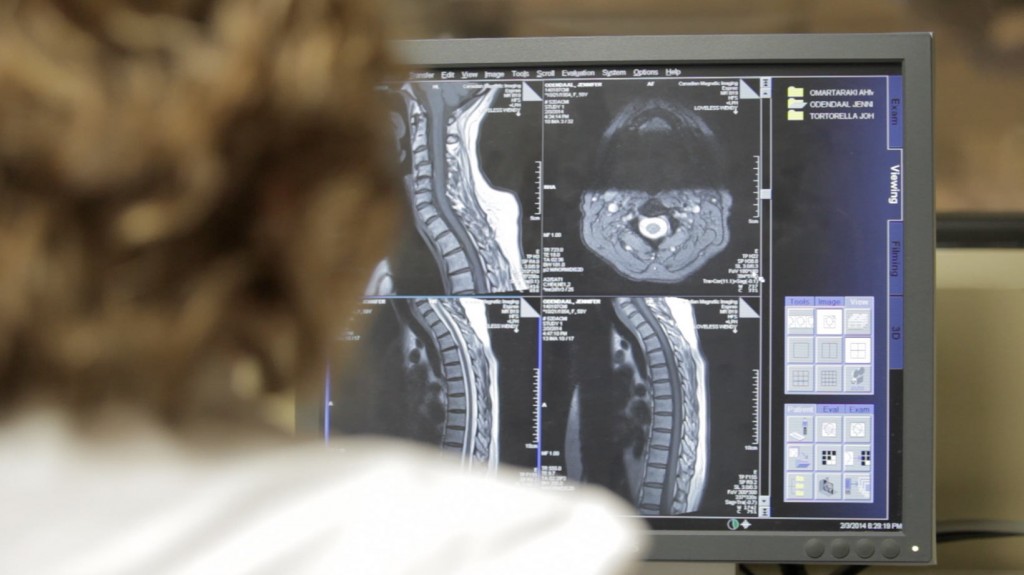Mussio Goodman Successfully Removes an Executor in a Conflict of Interest with the Estate
Posted on by Mussio Goodman
Mussio Goodman is pleased to announced our success in removing an executor who is in a conflict of interest with the administration of the estate.
The deceased mother was survived by six children who were named as equal beneficiaries to her estate. Two of the siblings were named co-executors under the will, with one of them eventually renouncing his executorship due to a conflict of interest.
We were recently successful in an application put forth by our client and her sister to remove the remaining executrix as a result of her disqualifying conflict of interest and inability to act in the best interests of all beneficiaries.
This case involved a complicated and acrimonious family history, with severe mistrust in place between the siblings. Prior to the passing of the mother, her estate was being managed by Solus trust as a result of a previous court order. The executrix and 3 other siblings then commenced an action attempting to subvert Solus’ authority and power to sell the estate property.
A certificate of pending litigation was placed on the property and our client and her sister were named defendants in that action, along with Solus. This action was later abandoned but not discontinued or withdrawn.
We argued that the executrix was a in a disqualifying conflict of interest because if she discontinued the action, she would be under a duty to recover costs from herself and her co-plaintiffs.
Justice Girn agreed, writing:
[56] I conclude that by commencing actions against the Estate, Gail could be liable to pay for costs to the Estate. This puts Gail in a disabling conflict of interest.
There is no way to get around this conflict of interest.
We also argued that the executrix’s position with respect to unpaid rent from one of the siblings demonstrated her bias towards that particular beneficiary. Again, the Court agreed with our position:
[57] As well, Gail’s steadfast position relating to debts owed by Thomas to the Estate have demonstrated that she is not capable of being neutral in order to act in the best interests of all of the beneficiaries and not just Thomas. As executrix of the Estate, she must consider whether rent is owing by Thomas to the Estate. By refusing to even look into this, in my view, Gail’s position endangers the administration of the Estate to the detriment of all of the beneficiaries.
[58] While Gail may believe that Hazel wanted Thomas’ work in maintaining and improving the Dewdney Trunk Property to be compensated, the evidence does not support this and is not consistent with the position of two of the beneficiaries, Susan and Patricia. In particular, the evidence reflects Gail’s strong animosity towards Patricia for her decision to seek Solus’ appointment.
[59] I note that Hazel’s will is silent on the issue of rent payable by Thomas. She could have considered Thomas’ contribution to the farm but chose not to. Gail
cannot impose her views of what Hazel’s wishes were in respect of Thomas living on the property and his contributions.
Removing an executor is never easy. However, this case demonstrates Mussio Goodman’s steadfast commitment to resolving estate matters that involve complicated family dynamics and difficult emotions. Mussio Goodman pays careful attention to detail and employs creative strategies to ensure we develop strong legal arguments while obtaining the best evidence to support them in court.




